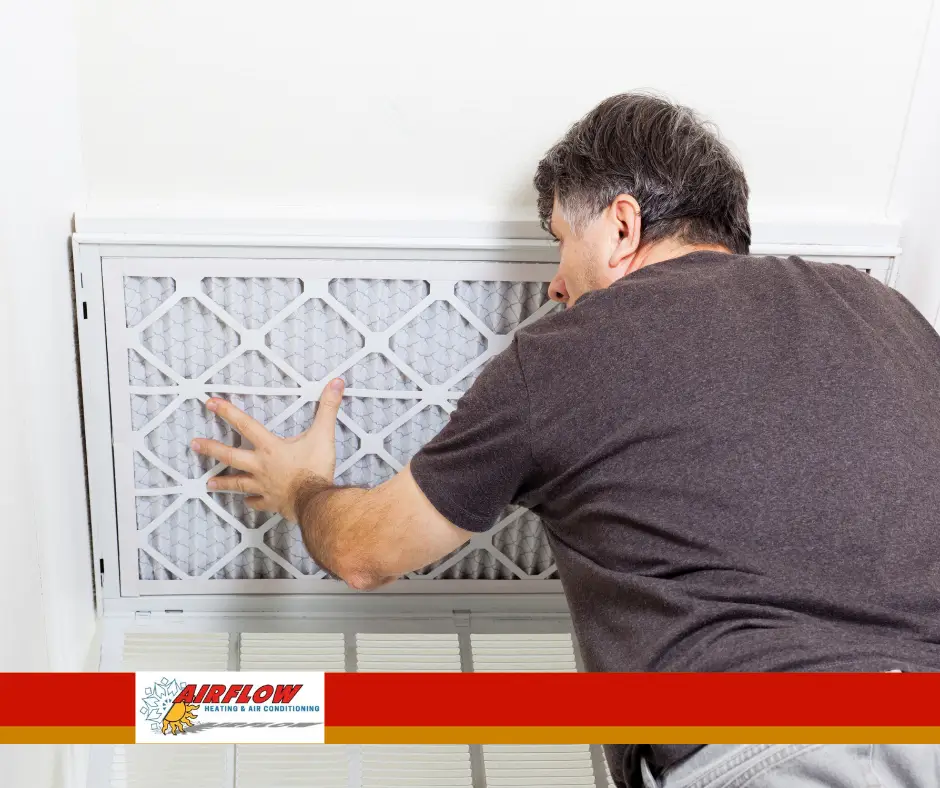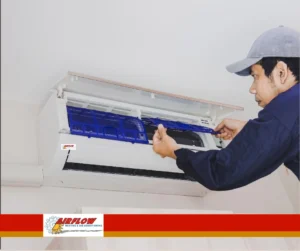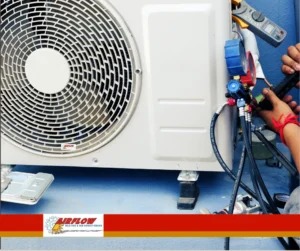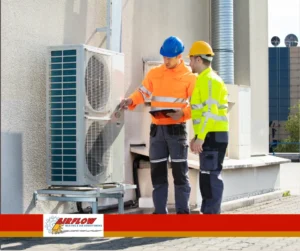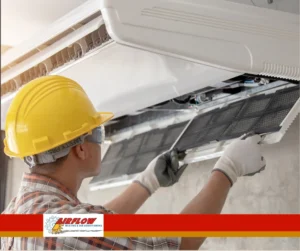When planning an air conditioning installation, many homeowners focus solely on the AC unit itself. However, proper ductwork and ventilation play a critical role in ensuring efficiency, airflow distribution, and overall indoor comfort.
The Role of Ductwork in AC Efficiency
Ductwork serves as the circulatory system of your cooling setup. If it’s not properly designed, sealed, or maintained, even the most advanced air conditioner won’t perform optimally.
- Even Cooling Distribution: Well-designed ducts ensure consistent airflow throughout your home.
- Energy Efficiency: Proper insulation prevents air loss, reducing energy waste.
- Improved Air Quality: Clean, sealed ducts prevent dust, allergens, and pollutants from circulating.
- Reduced Strain on AC: A well-structured duct system allows your air conditioner to work efficiently, extending its lifespan.
Common Ductwork Issues That Affect AC Performance
Before finalizing your AC installation, ensure your ducts are in top shape. Look out for these common problems:
- Leaks and Gaps: Even small leaks can cause significant energy loss.
- Poor Design: Incorrectly sized or routed ducts lead to uneven cooling.
- Dirty or Clogged Ducts: Accumulated debris restricts airflow and degrades air quality.
- Inadequate Insulation: Ducts running through unconditioned spaces need insulation to prevent temperature loss.
The Importance of Proper Ventilation
Ventilation is just as important as ductwork in an air conditioning installation. Without proper ventilation, indoor air quality can suffer, leading to issues like excessive humidity, stale air, and pollutant buildup.
Key benefits of adequate ventilation include:
- Humidity Control: Helps prevent mold growth and moisture-related issues.
- Fresh Air Circulation: Reduces indoor air pollutants for a healthier home.
- Balanced Air Pressure: Prevents hot and cold spots in different rooms.
How to Optimize Ductwork and Ventilation for AC Installation
To maximize the efficiency of your new AC system, consider these tips:
- Get a Professional Duct Inspection: HVAC experts can identify leaks and inefficiencies.
- Ensure Proper Duct Sizing: The wrong duct size can restrict airflow and affect cooling performance.
- Invest in High-Quality Air Filters: Keeps dust and debris from accumulating in the ducts.
- Incorporate Exhaust and Intake Ventilation: Helps balance indoor air pressure and prevent air stagnation.
Why Professional AC Installation Matters
DIY installations often overlook the importance of ductwork and ventilation. A professional air conditioning installation ensures that your duct system is optimized for efficiency and airflow, preventing future issues.
HVAC professionals can:
- Design a customized duct system suited to your home’s layout.
- Seal and insulate ducts to prevent air leaks.
- Balance airflow for consistent cooling in every room.
Final Thoughts
When installing an AC system, paying attention to ductwork and ventilation is just as important as selecting the right unit. A well-planned air conditioning installation with optimized duct design and ventilation improves cooling efficiency, lowers energy costs, and enhances indoor air quality. Consult an HVAC expert to ensure your home’s cooling system is set up for long-term performance.
READ MORE:
What to Look for When Evaluating Your Home’s Insulation for AC Installation

